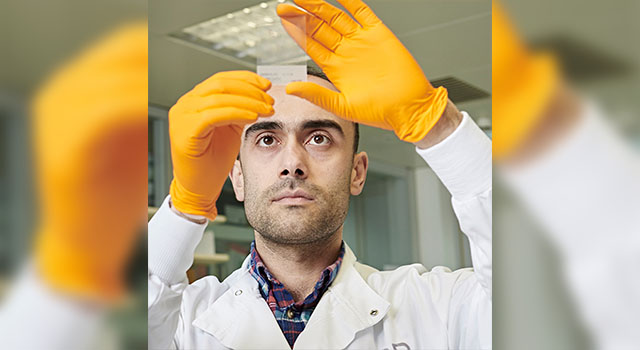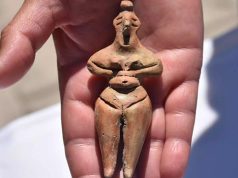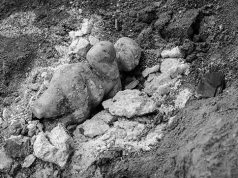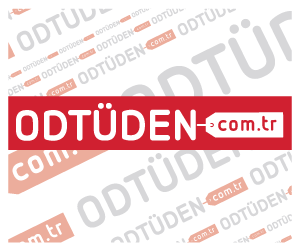
As developing resistance to standard cancer therapies is inevitable, are we ready to face with this problem in a timely manner? Drug resistance in cancer is a pervasive problem, however, it is often driven by evolutionary forces. With the advent of state-of-an-art genomic techniques, it is now possible to track the steps of cancer evolution and potentially turn the problem for our favour. Having control in an experimental system allowed them to monitor the clonal dynamics in a very high resolution using single-cell barcoding and single-cell sequencing techniques. These latest techniques in combination of sophisticated computational analyses gave them an opportunity to test “evolutionary steering” idea in cancer. This idea is based on a simple question: is the developing resistance to drug A in cancer leads to a sensitivity to drug B? If so, can it be demonstrated?
Dr. Ahmet Acar was given this task to lead a project by Prof. Andrea Sottoriva (Director of the Centre for Evolution and Cancer at the Institute of Cancer Research in London) with the support of a number of brilliant minds in his lab. In this study, they leveraged the use of culturing large populations and no standard culture conditions. To prevent artificial perturbations in their experimental system, they avoided standard cell passaging and took advantage of large flasks. To recapitulate the tracking cancer clones temporally and non-destructively, they measured the selection in the culture media. Finally, to discover potentially rare evolutionary trade-offs they performed high-throughput drug screening. Overall, their findings showed that evolution under selection is often predictable and therefore it can be controllable. In the clinical context, using patient samples and their derivative model systems one can imagine to quantitatively monitor clonal dynamics for every patient and therefore predict the next move for every cancer clone to control or extinct them.
As of 1st of February 2020, Dr. Ahmet Acar leads his own team at the Department of Biological Sciences of METU. In his team, first, they aim to develop sophisticated experimental model systems with the interface of quantitative biology and the use of state-of-an-art clone tracking technologies. Second, they aim to develop the first Patient-Derived Organoid Biobank in Turkey to get a better understanding and therefore to develop personalized treatment modalities for each patient in the clinic.







